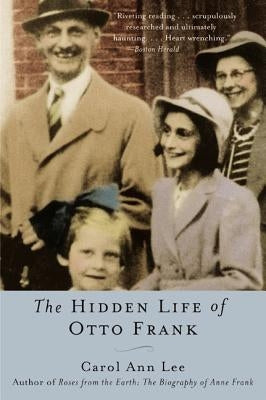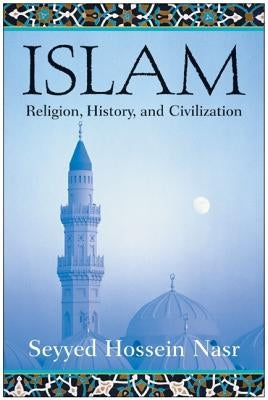Jack (Not Jackie)
$17.99
The Dark Pond
$10.99
Big Boned
$16.99
Up From Here
$9.99
Rocks in His Head
$17.99
If You Give a Dog a Donut
$17.89
Circus
$18.99
Watermelon
$19.99
Tree Girl
$11.99
Bread Alone
$15.99
Augusta, Gone: A True Story
$14.99
My Stroke of Luck
$16.99
Summerhouse, Later
$18.00
Thanksgiving Day Thanks
$17.99
Living Water
$14.99
Tokugawa Religion
$18.95
Call It Courage
$19.99
Good Night, Owl!
$19.99
Prayer for a Child
$17.99
Jane Eyre
$7.99
Frankenstein
$7.99
Mandarin Chinese Characters
$16.95
Escape to Willow Cottage
$12.99
French Grammar & Practice
$21.99
The Secret Goldfish: Stories
$14.99




















































